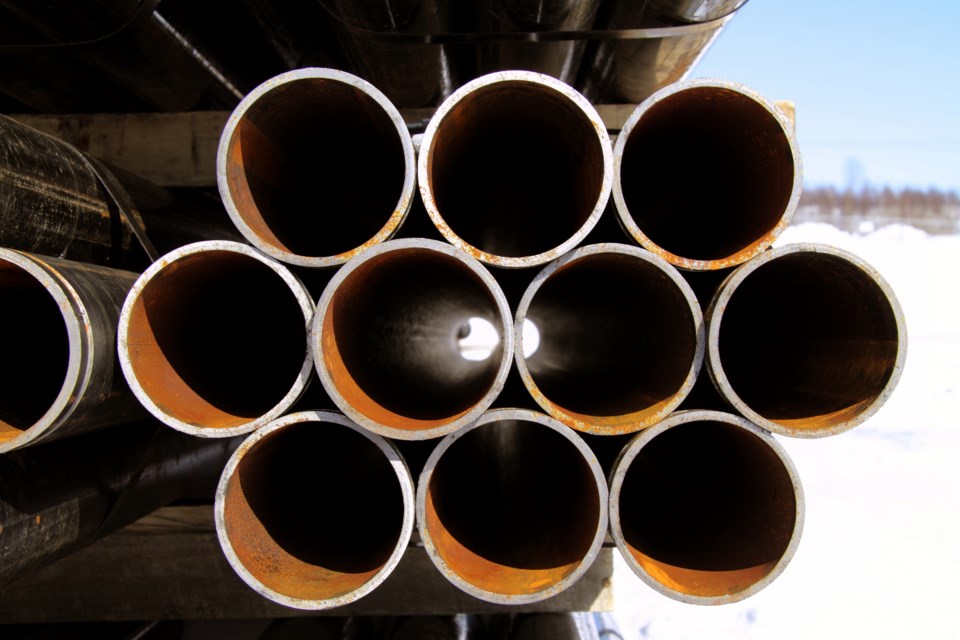This week, the BC Court of Appeal heard arguments from both the federal and provincial governments about TransMountain.
According to B.C.’s lawyer Joseph Arvay, B.C.’s NDP government isn’t trying to shut down the project – where could you have possibly gotten that idea? – just create a situation where it couldn’t get built.
What?
Responding to a question from the judge, Arvay admitted B.C.’s proposed permitting system, could “lead to a situation where the Trans Mountain pipeline would not be allowed to operate.”
What?
Whether you’re pro- or anti-pipeline, you can’t help but marvel at the transparent flimsiness of the argument.
B.C. is proposing a system in which yes, of course, the federal government can approve a project (like say, a pipeline) within its jurisdiction. But the various individual construction sites along the way each need local permits, which would be issued by the province and (let’s be honest) almost certainly deny.
It’s like a restaurant saying you can order this hamburger on the menu – nobody’s stopping you, it’s a free country – but even once you’ve paid for it, we may suddenly “discover” we’re out of pickles. Or buns. Or burgers.
Admittedly, this could lead to a situation where the burger could not be eaten.
How did we get here?
In 2017, the NDP campaigned on an explicit promise to “use every tool in the toolbox” to stop the project. But shortly after forming government, Premier John Horgan said his government received legal advice saying he could not, in fact, unilaterally stop a federally-approved project.
That advice probably wasn’t long or complicated. The Constitution is quite clear: the federal government has jurisdiction.
Yes, Christy Clark succeeded in establishing, at least in the national discussion, five conditions to “approve” projects in B.C., and yes, it’s fair to wonder if Quebec would be treated differently. But in black-and-white terms of the document itself, there’s not much room for debate.
So, B.C. is reduced to what Canada’s lawyer Jan Brongers called a “Trojan Horse,” trying to reach beyond its jurisdiction and surreptitiously give itself a veto – but not just for oil. That would be too obvious.
According to Brongers, B.C. has suggested heavy oil is merely the first of a number of hazardous substances that would be subject to the proposed permitting regime…but the province has not said what those other substances would be.
Even if you take that at face value, what other hazardous substances could even possibly be under consideration? Asbestos from Quebec? Natural gas, maybe? Canola oil is flammable, I guess?
So – at least for now – just oil. But interestingly, Brogners quoted Attorney-General David Eby as saying the proposed permitting system wouldn’t apply to tankers…because that’s federal jurisdiction.
In other words, even if it’s not specifically about stopping this pipeline, the proposed solution would only apply to this pipeline.
But they’re not trying to shut down the project. Heavens, no. Just creating a system where it would not be allowed to operate.
At best, this is unconvincing sophistry, reminiscent of a (slightly tasteless) joke from the sitcom Family Guy: “It’s not that I wanted to kill Lois; it’s just that I didn’t want her to be alive any more.”
Maclean Kay is Editor-in-Chief of The Orca



